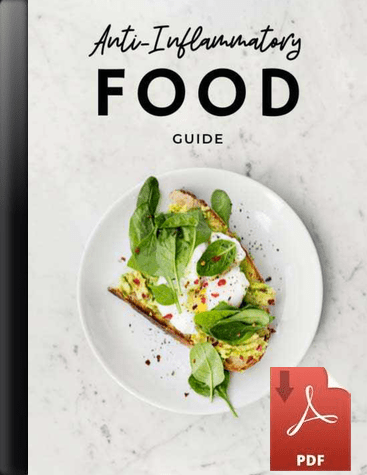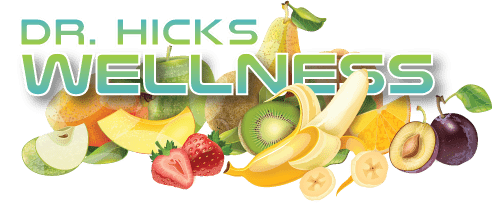1. Eat food. Though in our current state of confusion, this is much easier said than done. So try this: Don’t eat anything your great-great-grandmother wouldn’t recognize as food. Eat God-made foods.
2. Avoid even those food products that come bearing health claims. They’re apt to be heavily processed, and the claims are often dubious at best. Especially avoid food products containing ingredients that are a) unfamiliar, b) unpronounceable c) more than five in number or that contain high-fructose corn syrup.
3. Get out of the supermarket whenever possible. You won’t find any high-fructose corn syrup at the farmer’s market; you also won’t find food harvested long ago and far away. What you will find are fresh whole foods picked at the peak of nutritional quality. Precisely the kind of food your great-great- grandmother would have recognized as food.
4. Pay more, eat less. The American food system has for a century devoted its energies and policies to increasing quantity and reducing price, not to improving quality. Americans spend, on average, less than 10 percent of their income on food, down from 24 percent in 1947, and less than the citizens of any other nation.
5. Eat mostly plants, especially leaves. By eating a plant-based diet, you’ll be consuming far fewer calories, since plant foods (except seeds) are typically less energy dense than the other things you might eat. Vegetarians are healthier than carnivores, but near vegetarians (flexitarians) are as healthy as vegetarians. Thomas Jefferson was on to something when he advised treating meat more as a flavoring than a food. Eat more like the French. Or the Japanese. Or the Italians. Or the Greeks. Confounding factors aside, people who eat according to the rules of a traditional food culture are generally healthier than we are. Any traditional diet will do: if it weren’t a healthy diet, the people who follow it wouldn’t still be around.
6. Cook. And if you can, plant a garden. To take part in the intricate and endlessly interesting processes of providing for our sustenance is the surest way to escape the culture of fast food and the values implicit in it: that food should be cheap and easy; that food is fuel and not communion.
7. Eat like an omnivore. Try to add new species, not just new foods, to your diet. Biodiversity in the diet means less monoculture in the fields. What does that have to do with your health? Everything. The vast monocultures that now feed us require tremendous amounts of chemical fertilizers and pesticides to keep from collapsing. Diversifying those fields will mean fewer chemicals, healthier soils, healthier plants and animals and, in turn, healthier people. It’s all connected, which is another way of
saying that your health isn’t bordered by your body and that what’s good for the soil is probably good for you, too.
*Unhappy Meals – Michael Pollan – New York Times 1/28/2007



Virtual Hours
Disclaimer:
The entire contents of this website are based upon the opinions of Dr. Hicks, unless otherwise noted. Individual articles are based upon the opinions of the respective author. The information on this website is not intended to replace a one-on-one relationship with a qualified health care professional and is not intended as medical advice. It is intended as a sharing of knowledge, information from the research, clinical experience of Dr. Hicks, and professional and continuing education. Dr. Hicks encourages you to make your own health care decisions based upon your research, performing your own due diligence, and in concert with a qualified health care professional. If you become a patient, Dr. Hicks will treat the whole body that has your condition, and will not treat the condition that has the body. If you are pregnant, nursing, taking medication, or have a medical condition, consult your health care professional before using any products based on this content. All patient testimonials are genuine and are the actual results they have achieved. They are not to be misconstrued, conveyed, or guaranteed that you will receive the same or similar results. It is imperative that you establish a professional relationship with a health care provider or clinic that you trust and respect to handle your care.